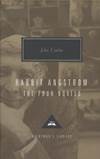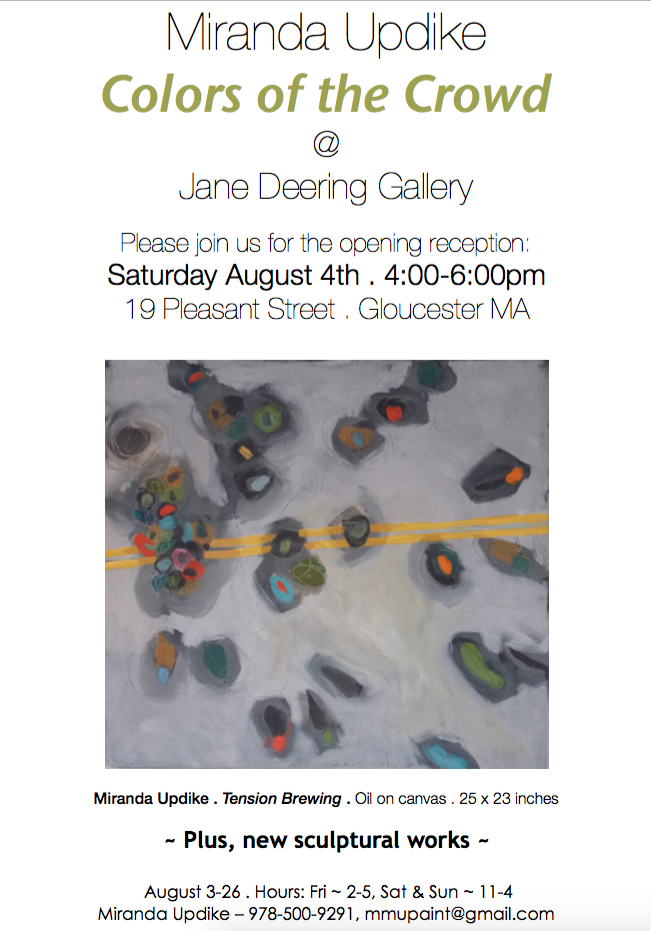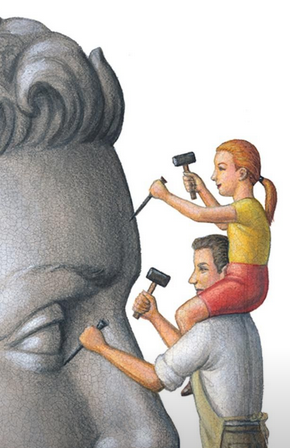John Updike Society board member Robert M. Luscher recently retired from 22 years of teaching at the University of Nebraska at Kearney, but instead of a gold watch his daughters had something else in mind. To honor the decades their father devoted to Updike research and to focus on his specialty—Updike’s short fiction—they decided to establish a research scholarship in his name, effective immediately:
The Robert M. Luscher Scholarship for Updike Research—a $1000 travel-to-collections scholarship awarded annually to enable students and researchers to study manuscripts and materials at one of many John Updike archives (see The John Updike Society website for a complete list of Special Collections) or another proposed archive. Preference will be given to students working on theses and dissertations and to those whose research focuses on Updike’s short stories. Scholars from all nations are invited to apply. The scholarship is provided by Julia Thompson and Aurora Sharrard in honor of their father, an Updike scholar and current board member of The John Updike Society. The society will determine the winner and may, depending upon the quality of proposals, choose not to award the scholarship in some years. Deadline for submissions is May 1 of each year. To apply, send a one-paragraph bio and 1-2 page proposal describing the project and how specifically special collections research is expected to help. Send submissions via attachment to: Peter Bailey, pbailey@stlawu.edu.











